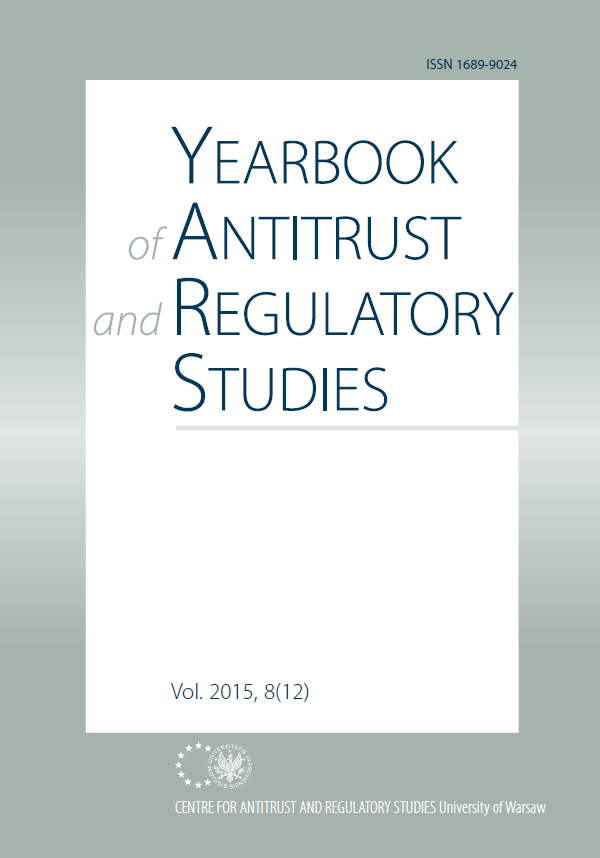The Damages Directive and Consensual Approach to Antitrust Enforcement
The Damages Directive and Consensual Approach to Antitrust Enforcement
Author(s): Raimundas MoisejevasSubject(s): Business Economy / Management, Commercial Law
Published by: Wydawnictwo Naukowe Wydziału Zarządzania Uniwersytetu Warszawskiego
Keywords: antitrust damage; consumers; arbitration; alternative dispute resolution; mediation; consensual dispute resolution; Lithuania; private enforcement of competition law; antitrust damage claims; Directiv
Summary/Abstract: The article focuses on the novelties introduced by the Damages Directive in the field of consensual settlements of disputes concerning private enforcement. The Damages Directive obliges Member States to ensure that the limitation period for bringing an action for damages is suspended for the duration of any consensual dispute resolution process. The Directive also establishes the main principles that govern the effect of consensual settlements on subsequent actions for damages. Since the EU framework for consensual dispute resolution of private enforcement disputes is quite new, many issues must still be solved in Member States’ practice. While analysing consensual dispute resolution in private enforcement cases, particular interest should be paid to mediation and arbitration as a form of Alternative Dispute Resolution (ADR). Mediation is often used in competition law litigation. In a mediation process, parties are subject to fewer legal costs than in litigation and arbitration. It may thus be concluded that consensual dispute resolution is usually a faster way to receive compensation. However, voluntary arrangements and ADR in competition law still raise many problems concerning both procedural and substantial legal acts.
Journal: Yearbook of Antitrust and Regulatory Studies (YARS)
- Issue Year: 8/2015
- Issue No: 12
- Page Range: 181-194
- Page Count: 14
- Language: English

